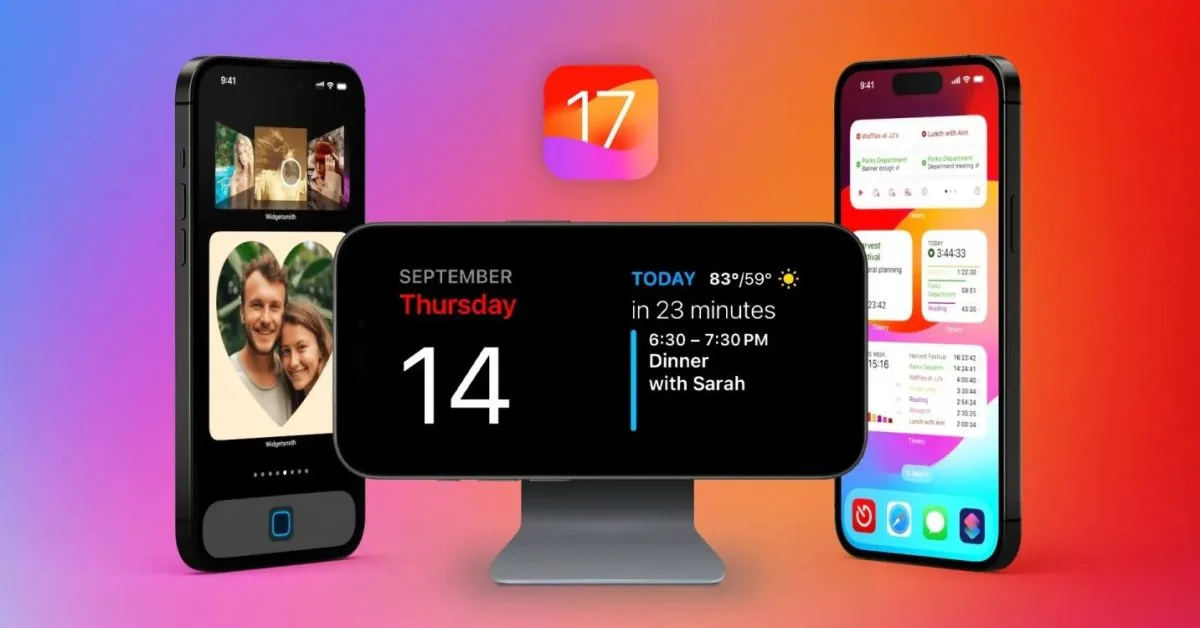I wish Android 14 inspired as many app updates as iOS 17 did - 9to5Google
I wish Android 14 inspired as many app updates as iOS 17 did - 9to5Google

9to5google.com
I wish Android 14 inspired as many app updates as iOS 17 did

I wish Android 14 inspired as many app updates as iOS 17 did - 9to5Google

I wish Android 14 inspired as many app updates as iOS 17 did
